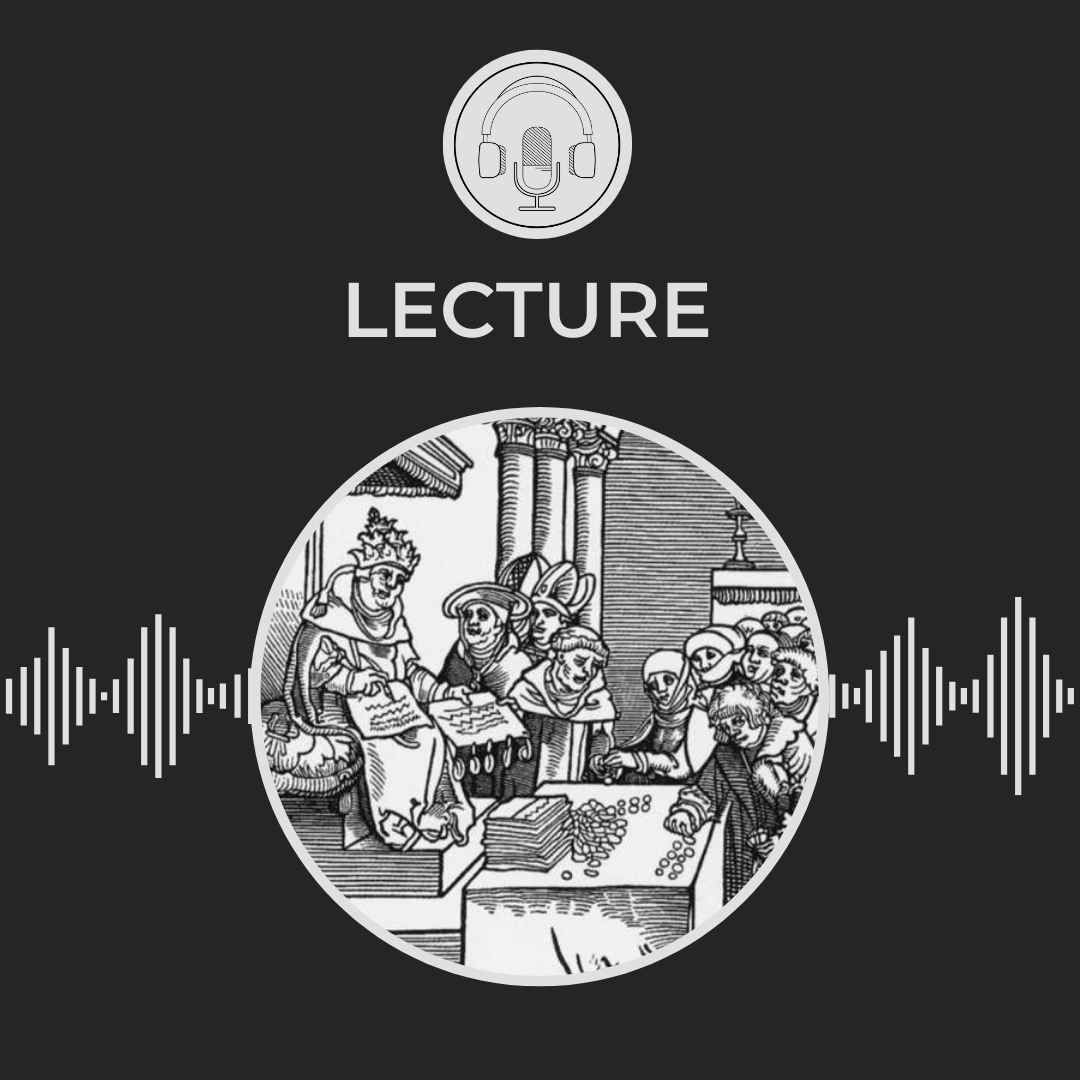Aug 16 2024 57 mins 4
It is a widespread belief that the Reformation introduced the possibility of choosing between different variants of the Christian faith. In contrast, this lecture argues that the early German Reformation created a field of experimentation in which it was disputed who was able, and who was permitted, to decide on which faith options, and how. The Reformation gave rise to new questions of individual and collective religious decision-making, encompassing many different dimensions, such as faith options, the semantic and practical framing of situations in which choices were made, and the actors and procedures involved.
